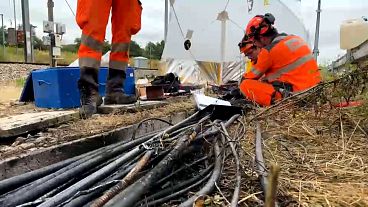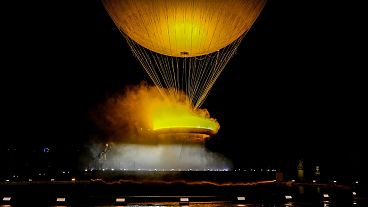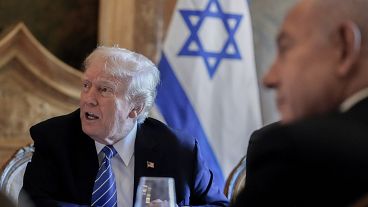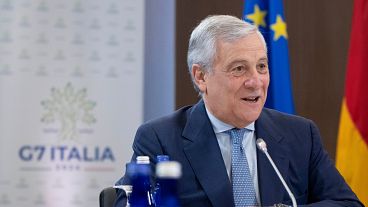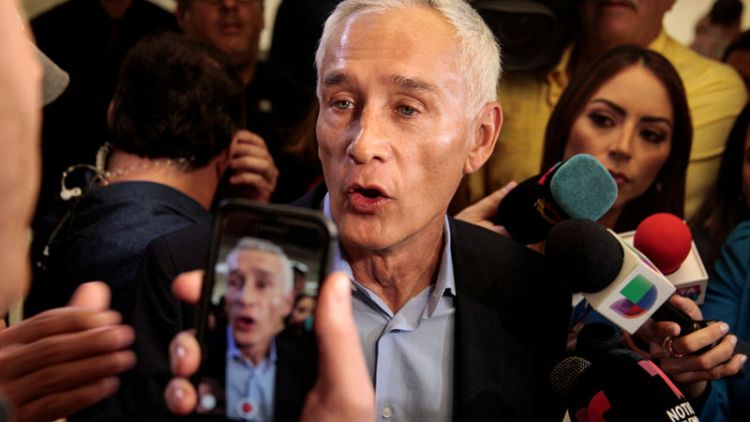By Carlos Garcia Rawlins
CARACAS (Reuters) - Venezuela on Tuesday deported a team from U.S. television network Univision after anchor Jorge Ramos said authorities detained them at the presidential palace because President Nicolas Maduro was upset by their interview questions.
The six-person team was held for more than two hours and had their equipment confiscated, Ramos told reporters on Monday evening after arriving back at his Caracas hotel which was surrounded by intelligence agents.
Ramos and his team left the hotel on Tuesday morning guarded by personnel from the U.S. and Mexican embassies while intelligence agents escorted them to Caracas' Maiquetia airport. They left on a midday flight to Miami, according to Reuters witnesses.
"They didn't give us a reason" for the deportation, Ramos told reporters as he arrived at the terminal. "They just said to us last night that we had been expelled from the country."
In a further twist, U.S. Spanish-language channel Telemundo said on Tuesday one of its journalists, Daniel Garrido, was "abducted" by a group of armed and unidentified individuals early in the day while covering the deportation of Ramos.
He was interrogated for more than six hours before being released, it said. Telemundo did not specify who was responsible for the incident but Venezuela's media trade union said he was taken by agents from the intelligence service.
Information Minister Jorge Rodriguez said on Monday the government had previously welcomed hundreds of journalists to the presidential palace, but it did not support "cheap shows" put on with the help of the U.S. Department of State.
Ramos, a veteran anchor born in Mexico, told Mexican broadcaster Televisa that Maduro became annoyed when they showed him a video of young Venezuelans eating from a garbage truck, a sign of widespread food shortages across the country.
Maduro faced regional condemnation this week after his security forces violently drove back opposition attempts to bring in foreign aid.
He is facing his biggest political crisis since he replaced Hugo Chavez six years ago, after rival and congress chief Juan Guaido last month invoked the constitution to assume an interim presidency, arguing Maduro's re-election was fraudulent.
Venezuela's socialist government has long had a tense relationship with Western media, which it largely considers hostile and in league with "imperialist" interests.
Short detentions and deportations have become common, especially as reporters facing delays for official permissions seek shortcuts to report in Venezuela.
At least seven foreign journalists who flew in to cover Venezuela's political turmoil were briefly detained in January.
The Venezuelan media trade union said at least 30 journalists and workers for media outlets were detained in the first two months of 2019.
(Reporting by Carlos Garcia Rawlins and Carlos Carrillo; Additional Reporting by Sarah Marsh; Writing by Angus Berwick; Editing by James Dalgleish and Tom Brown)

